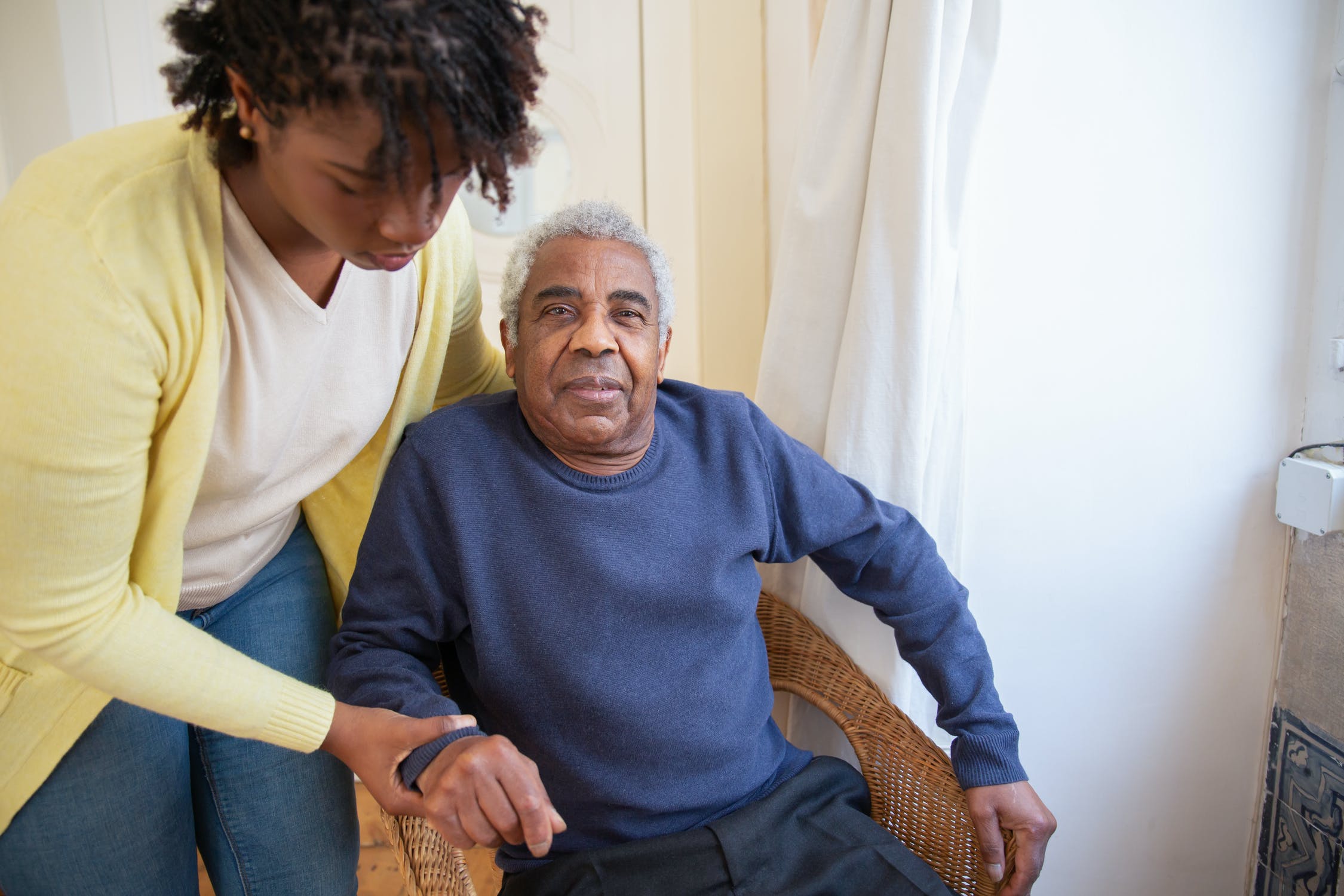Taking care of a disabled senior can be a difficult task. Despite the challenges involved, though, it is vital to do all that you can to maximize their comfort so that they can enjoy the best possible quality of life for their remaining years. While there’s no perfect approach for most situations, there are certain things you can do that can greatly improve the individual’s comfort and the care you’re able to offer.
Use Available Tools
When an individual is disabled, even moving from room to room can be difficult. To avoid strain on you or the disabled individual, it’s important to use the tools that are available to you. Canes, scooters, lifting assistants, shower bars, and a host of other equipment are available to help improve your loved one’s mobility and ensure they’re able to maintain a good quality of life. If your loved one’s mobility becomes extremely compromised, it may be time to get a wheelchair for them. Just make sure that you make any changes needed so that they can maneuver around their home without any problems.
Take Advantage of Assistance
If you live in Australia, you can contact a variety of support groups, each of which provides different forms of assistance and support. For instance, Ontrack Tasmania is an NDIS service provider that provides counselling and therapy to people with disabilities. This organization is extremely beneficial to people seeking to enhance their quality of life and learn how to live with impairments.
Take Care of the Mind
Dealing with a disability can be quite difficult for an individual. While the physical ailments can be challenging to deal with, the mental struggles can often be even harder. That’s why it’s important to take care of the mental health of your loved one at every opportunity. By encouraging and pampering them, you will give them the mental toughness required to continue living with their disability. If you notice any changes in their behavior, document them and speak with a medical professional for further guidance.
Make Routines
Most people, especially older adults, thrive on routine. To provide comfort to your senior who is dealing with a disability, make sure to create normal patterns of living so that they’ll always know what to expect. The best way to hold yourself accountable is to write down the expected schedule so that your loved one can have a clear idea of what their day will hold. Having meals and taking medication at a regular time each day can even help them keep their memory sharp. Of course, it’s okay to offer a little bit of variety in their day, but make sure to manage their expectations by implementing a routine.
Understand Changes
As an adult caring for a senior loved one, it can be tempting to try and turn back the hands of time to make things the way they used to be. It’s much better, though, to acknowledge and accept this new season of life for your loved one so that you can enjoy it and help your loved ones live their best life. This will reduce stress on everyone and ensure the best outcome in terms of care.















